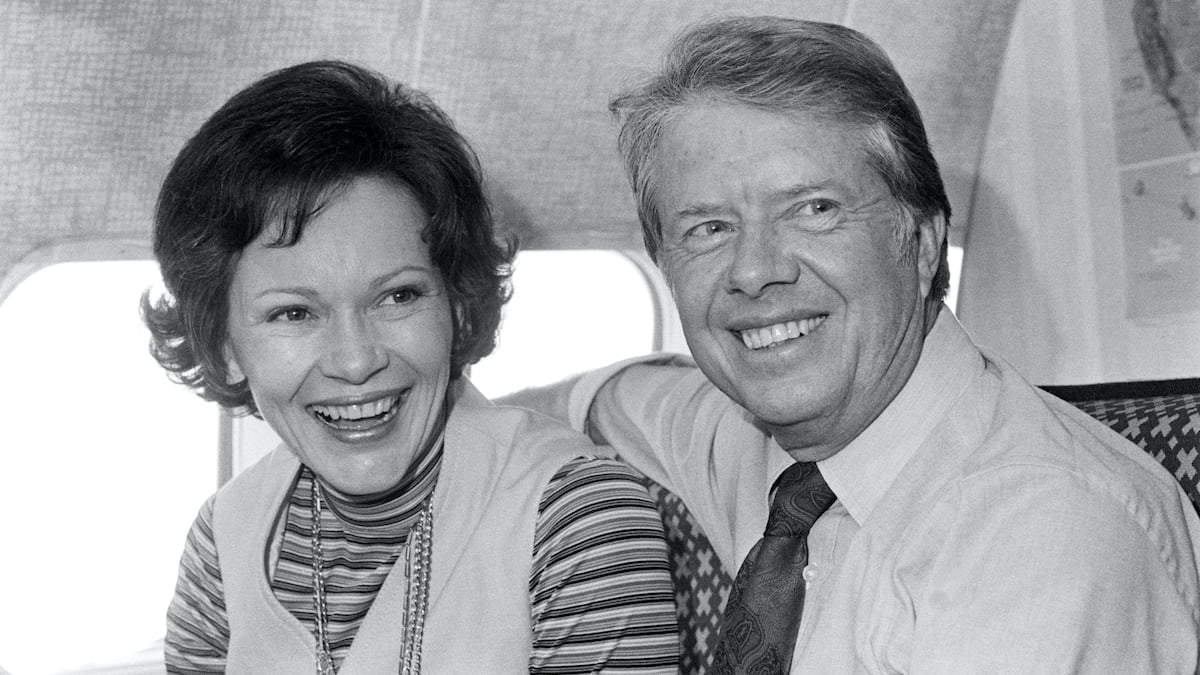With the sad news that former President Jimmy Carter has chosen not to seek further treatment for an undisclosed illness, there have been countless think pieces about his legacy pumped out over the last couple of days. In these, Carter is often portrayed as a kind-hearted but naive politician, or a throwback to the days before bipartisan politics poisoned the well of national discourse (although, as anybody who’s had more than a cursory look at the Nixon administration can attest to, American politics has been broken for quite some time). However, this doesn’t do justice to the man who served for four of the most tumultuous years in recent American history, and continued to work tirelessly after his term on various charitable projects and initiatives.
If you’re keen to learn more about the 39th President’s impressive resume, both in and out of office, then read ahead for our view on Jimmy Carter’s biggest accomplishments.
The Department of Education
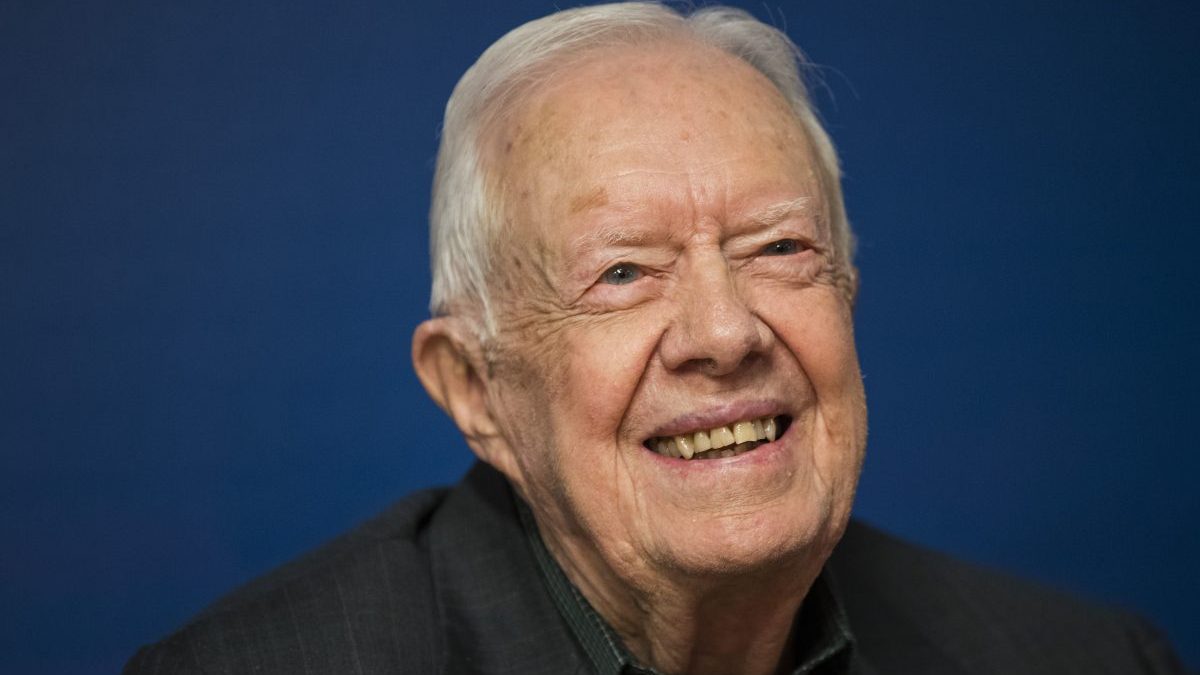
The American education system isn’t having its finest moment, but back in 1979, it was even more of a mess. Although public education had existed in the States in some form for decades, it was heavily disorganized, and President Carter was keen to have the Federal government take more of a lead in establishing rules and standards. As a result, he carved a new department from the existing Department of Health, Education, and Welfare. His hope was that the new department would allow the national government to “meet its responsibilities in education more effectively, more efficiently, and more responsively,” while still letting states decide things like the curriculum.
Since then, education has remained a hot potato for various administrations, and Republicans have often tried to eliminate the Department of Education altogether. However, the department is still going strong to this day, raising awareness of key issues and making sure schools are funded.
The Camp David accords
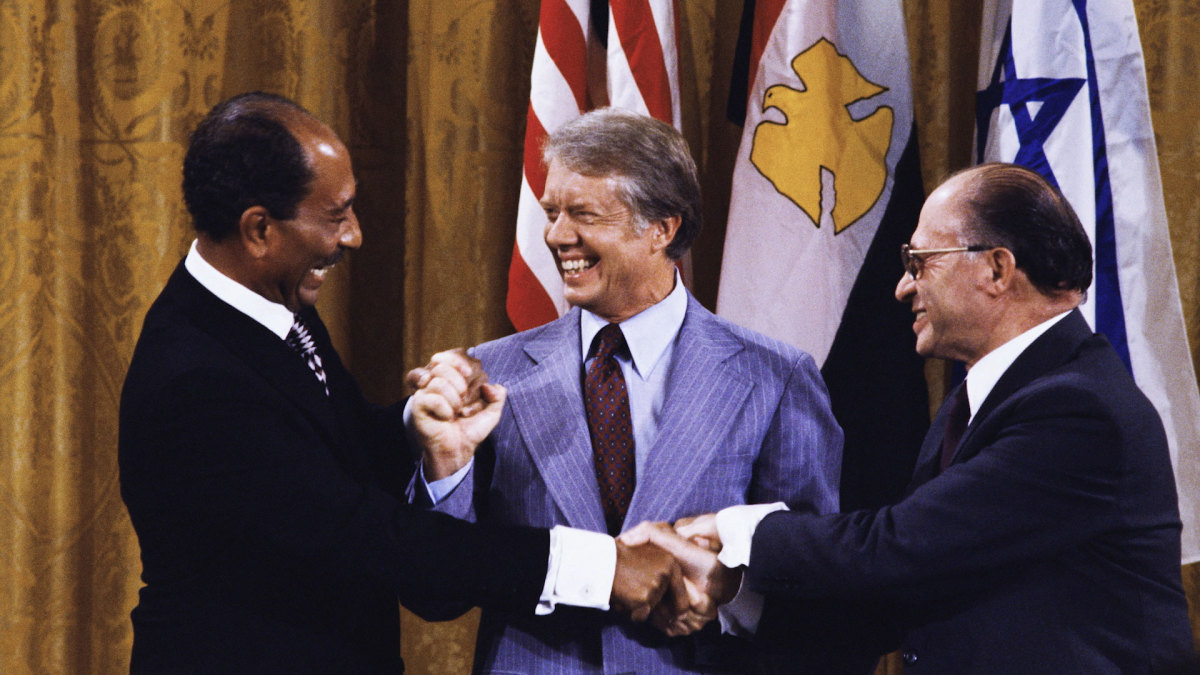
In 1978, Arab-Israeli tensions had been simmering for quite some time, with a newly established Israeli state bullish and protective over what they deemed to be their land. Although it had been a decade since the Six Day War, it appeared the major powers in the region were still far from reaching any sort of agreement on the peace process, and squabbles over land were still being fought in diplomatic arenas. However, with the announcement of the Camp David accords, the entire paradigm shifted, and for the first time in years, it looked like there might be some progress in the region.
Many see Carter as the driving force behind this change, and he’s often praised for his dedication to the issue. The agreements are even more impressive as they were signed into agreement by Israeli Prime Minister Menachem Begin, a notorious expansionist and leader of the ultra-right Likud Party — who in recent years have been working with increasingly radical politicians. The fact Carter managed to get anything done is a testament to his ability to negotiate, and his determination in seeing the process through.
Placing solar panels on the White House
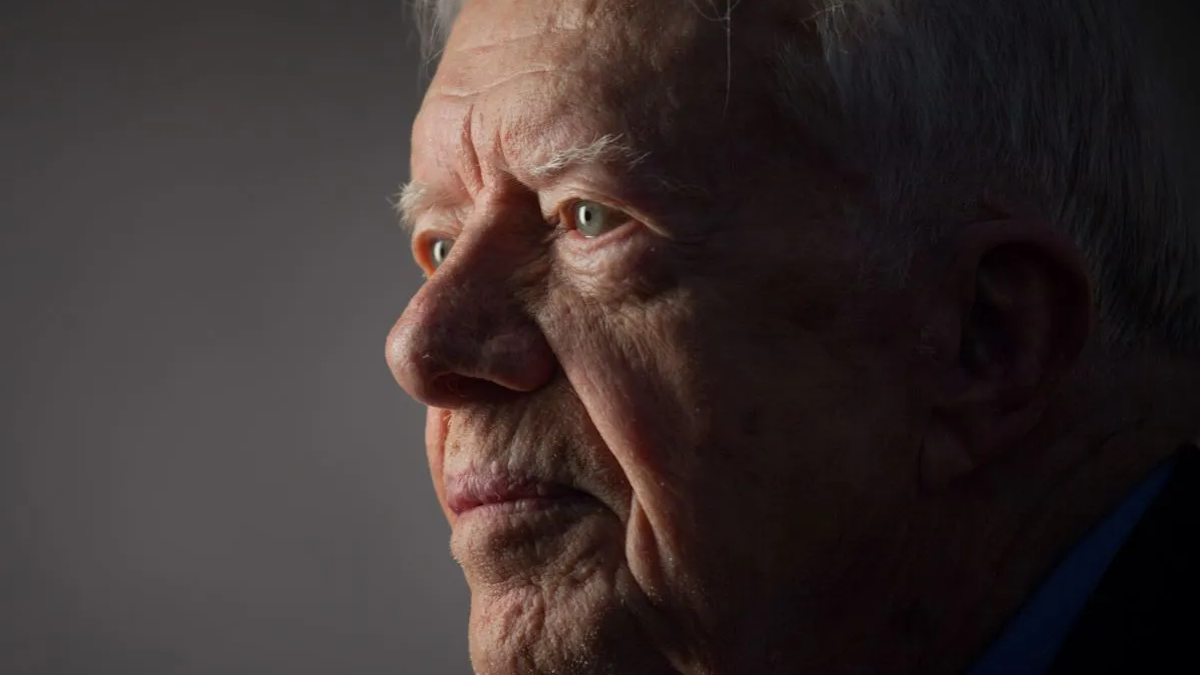
Although some bad faith actors try to frame climate change and our over-reliance on fossil fuels as a fairly new hot button topic, the fact is we’ve been highly aware of burgeoning environmental issues for decades now — and there were few more prominent early proponents of renewable energy than Jimmy Carter. While he might not have been aware of the scale of potential destruction, the former president knew the importance of energy efficiency from his time working on his father’s — and later his own — farm. As a result, he placed solar panels on the White House, opening up a conversation about environmental issues and renewable energy that simply wasn’t happening in America before that.
The panels were later taken down by the Reagan administration, a precursor to the Republican instinct for theater that plays well with a rabid base but doesn’t actually achieve anything of value — although Reagan also gutted renewable energy research at the behest of wealthy donors who were heavily involved in fossil fuels, thus setting back the climate conversation once again. The panels were put away, and now their fate is mostly unknown — although one did show up in China.
Pardoning those who avoided the Vietnam draft
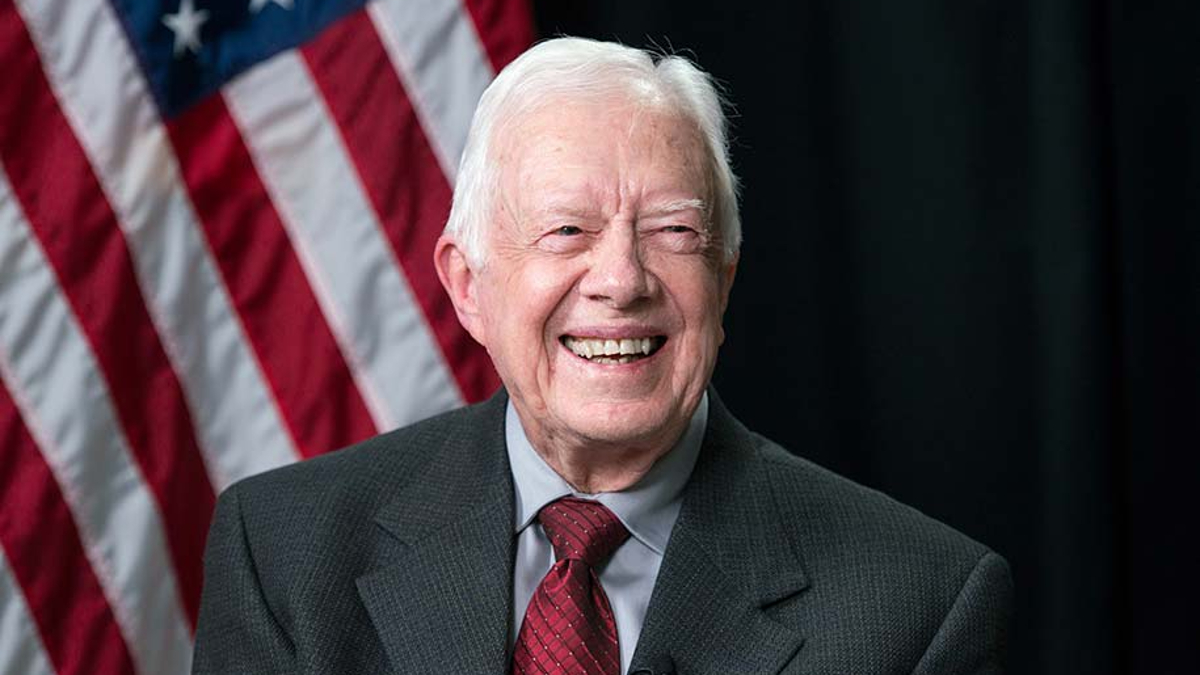
The Vietnam War left a scar on the American psyche that many feel still hasn’t healed. During the height of the conflict, various young men dodged the draft, some because of moral objections and some for more dubious reasons. While pro-war sentiment dominated political discourse in the early years of the invasion, driven largely by Cold War hysteria and propaganda, when young Americans began returning en mass in body bags, the tone shifted.
In his second day in office, Carter signed an executive order that granted pardons to those who had avoided the draft, regardless of their reasons. This was not only a hugely important symbolic move, but also signaled Carter’s kinder approach to politics after the hard-nosed Nixon administration and Ford’s years of fumbling.
Averting a nuclear disaster
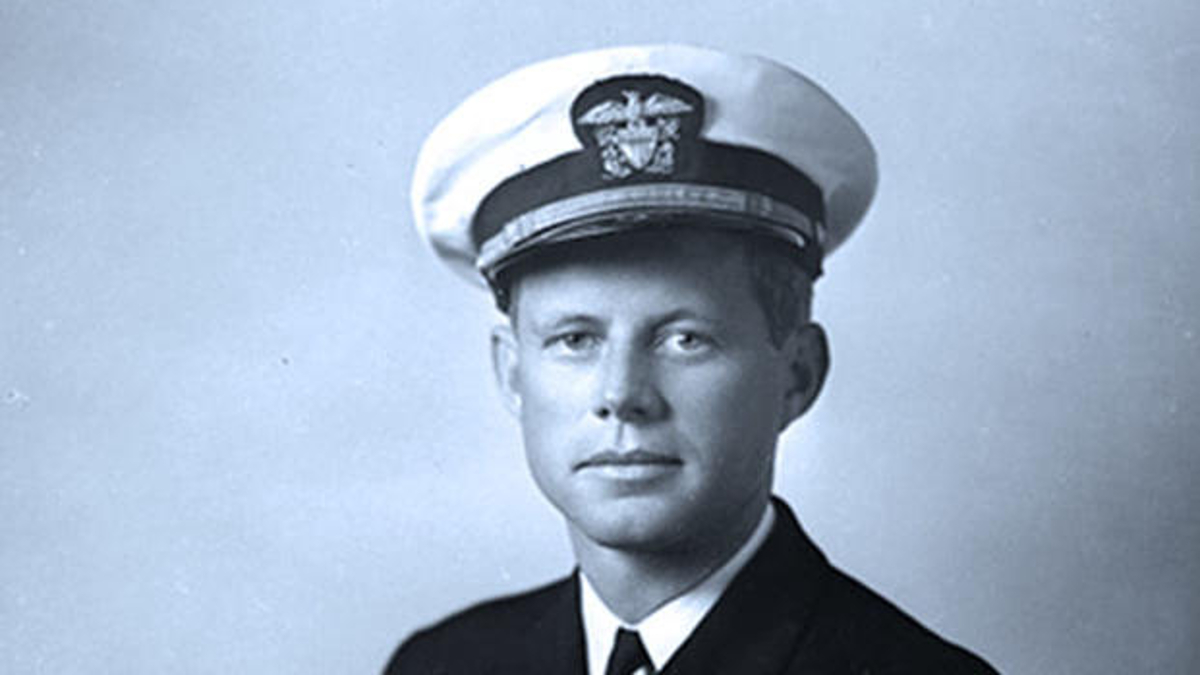
Though his pardoning of Vietnam vets was one of his most famous achievements as president, Carter himself has an impressive military history, serving as a naval officer and lieutenant. However, his greatest accomplishment in the navy wasn’t on the battlefield, but took place when the former president lowered himself into a nuclear reactor to avert a horrific disaster. A trained nuclear engineer, Carter was one of the servicemen drafted in to help shut down the experimental NRX reactor at Atomic Energy of Canada’s Chalk River Laboratories after it went into a partial meltdown. The former president has been clear how much the experience affected his view on nuclear power, and said it even contributed to him stopping of the development of a neutron bomb.
Turning Habitat for Humanity into a household name
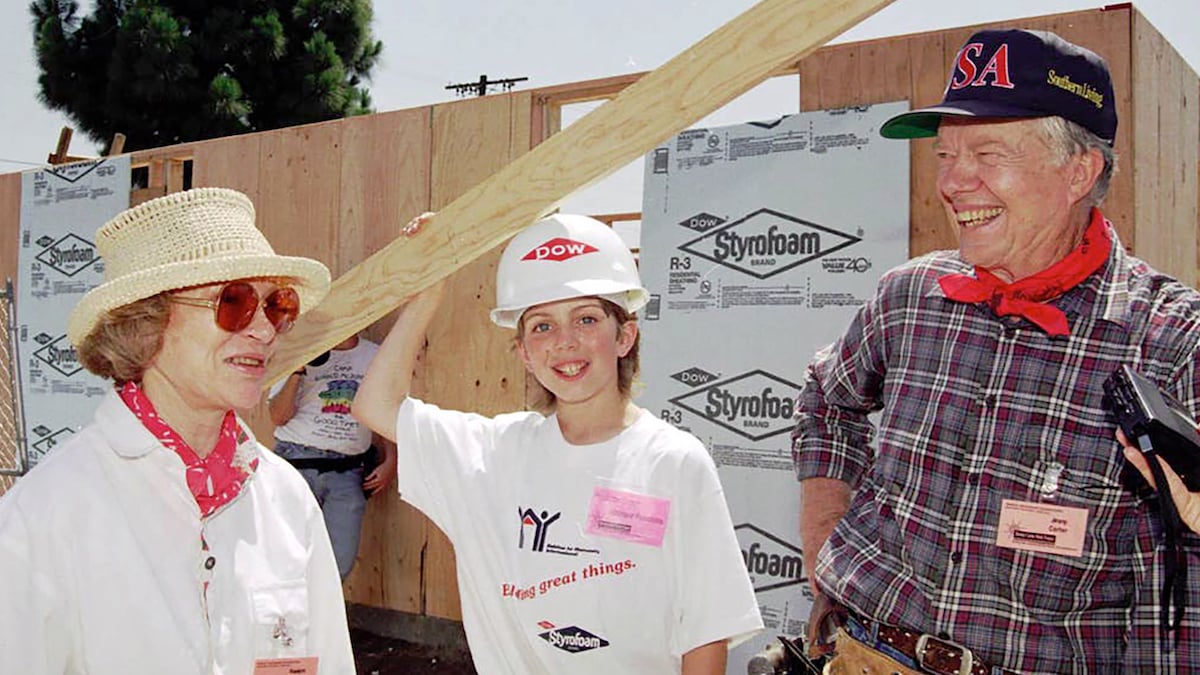
Jimmy Carter’s commitment to charitable causes can’t be understated, and aside from his own Carter Center, there’s no non-profit more closely associated with him than Habitat for Humanity — so much so it even played a part in his Simpsons cameo. The president became involved with the organization in 1984, and has been helping out at all levels ever since, from getting his own hands dirty to raising funds so they can continue to do good work.
While the organization began in America, they’ve since built houses all over the world, with Carter famously contributing to projects in Southeast Asia. The charity also runs the Jimmy & Rosalynn Carter Work Project, an annual house building “blitz” that has been running since the eighties. Habitat for Humanity have claimed the project has helped 4,390 families move into affordable, safe homes across 14 countries, and has attracted well over 100,000 volunteers from all over the world. Not a bad legacy at all.
Establishing the Carter–Menil Human Rights Prize
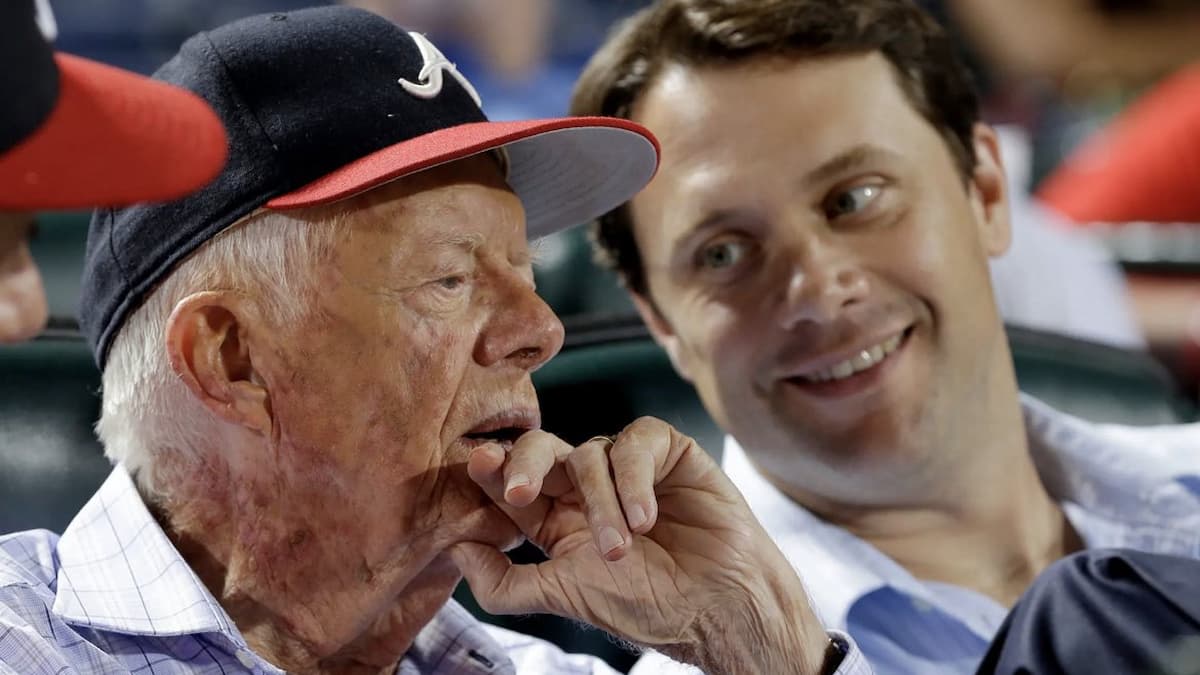
Habitat for Humanity isn’t Carter’s only foray into charitable giving. In 1986, the former president established the Carter-Menil Human Rights Prize alongside art world aficionado Dominique de Menil. For eight years, the $100,000 annual prize was given to a person or organization that promoted the concept of human rights across the globe, often being gifted to brave souls who risked their lives to stop human rights violations. Former winners include priests who resisted Reagan’s favorite murderous dictator Pinochet, and The Institute of Applied Social Science in Norway for giving their offices up for diplomatic talks between Israel and the Palestinian Liberation Organization.
Nearly eradicating guinea worm disease
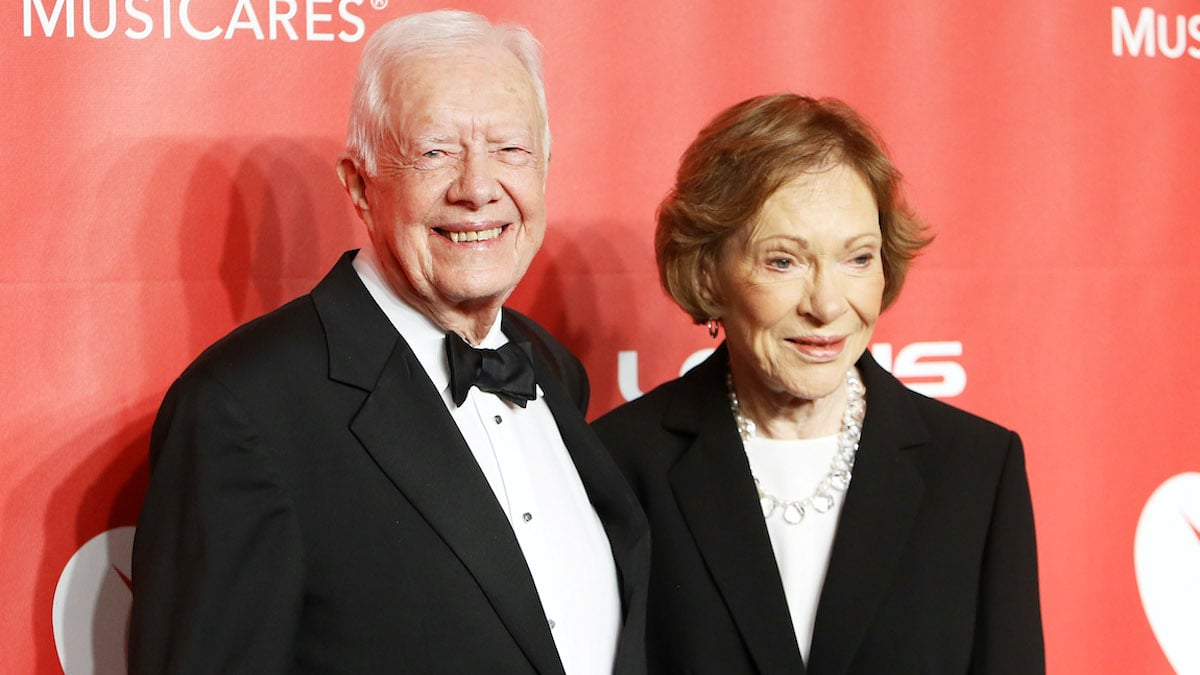
Considering the plaudits people like Bill Gates receive for the work their charities do in global health, it’s surprising that Carter’s incredibly successful campaign against guinea worm disease hasn’t received more media attention. Since 1986, the Carter Center has worked on eradicating this gruesome and devastating disease, and has done an incredible job of it.
The Carter Center works with local governments to provide health education and funding to make sure the eradication of the disease remains politically relevant. The use of community-based interventions also ensures that local populations can continue to deal with the disease after foreign experts have left. As a result, guinea worm disease might become only the second human disease in our history to be eradicated after smallpox. If that’s not an achievement worth shouting about, then what is?
The Carter Center
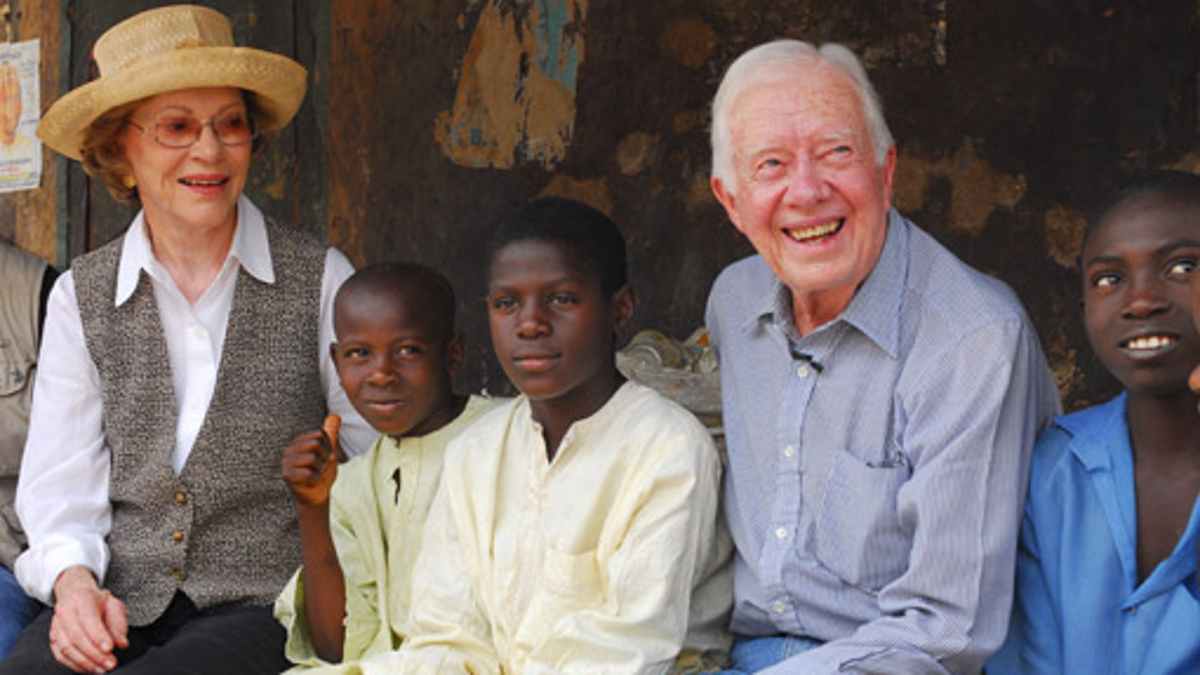
We’ve mentioned the Carter Center a few times already in this article, but the sheer scope of what the non-profit has achieved since being founded by the former president in the eighties could fill a book. In short, the Center works towards alleviating human suffering and advancing human rights. They do this in a number of ways, from funding health education programs across the globe, to election monitoring and supporting local communities to build durable, fair political infrastructure. The positive impact of the Center is unfathomable, and even though he once held the most powerful position in the world, it’s probably fair to say that the accomplishments of the organization are his most powerful legacy.
Winning the Nobel Peace Prize

The Nobel Peace Prize has had some interesting and controversial winners, but few had objections when it was awarded to Jimmy Carter in 2002 thanks to his role in seeking to find “peaceful solutions to international conflicts” as well as his work to “advance democracy and human rights, and to promote economic and social development.” Some thought he should have been awarded the prize in 1978 after the Camp David accords, but that year it went to Egyptian President Anwar Sadat and Israeli Prime Minister Menachem Begin. Nonetheless, Carter eventually got his hands on the Nobel, and considering his work with the Carter Center, it was well deserved.

